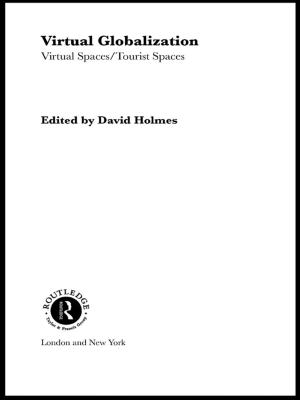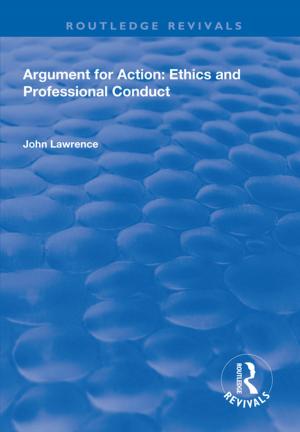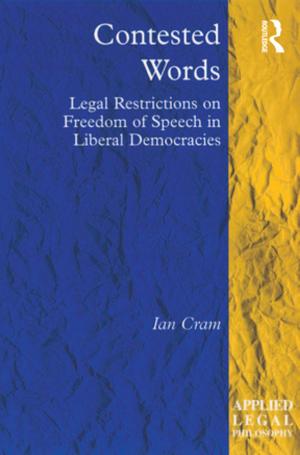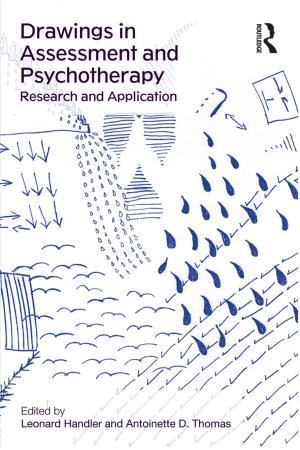Fundamental Principles of EU Law Against Money Laundering
Nonfiction, Reference & Language, Law, Criminal law, Social & Cultural Studies, Social Science, Crimes & Criminals, Criminology| Author: | Emmanuel Ioannides | ISBN: | 9781317131342 |
| Publisher: | Taylor and Francis | Publication: | April 22, 2016 |
| Imprint: | Routledge | Language: | English |
| Author: | Emmanuel Ioannides |
| ISBN: | 9781317131342 |
| Publisher: | Taylor and Francis |
| Publication: | April 22, 2016 |
| Imprint: | Routledge |
| Language: | English |
This book critically analyses fundamental principles of EU law for the control of international economic crime. Discussing how the reporting system and the exchange of information are at the heart of the global anti-money laundering regime, the study also looks at the inferential force of financial intelligence in criminal proceedings and the responsibilities this places on prosecutors and criminals alike. The author closely examines the application of Article 8(2) of the European Court of Human Rights for the retention and movement of the fingerprints, cellular samples and DNA profiles of unconvicted persons, and argues the incompatibility with the ECHR, along with the effect of socially stigmatising unconvicted persons. The work concludes with exploring how financial regulation has, inter alia, shifted responsibility to businesses and financial institutions to become more transparent and accountable to financial regulators and tax authorities. This critical analysis is essential reading for law students and the Judicial Body, as well as financial crime investigators and regulators.
This book critically analyses fundamental principles of EU law for the control of international economic crime. Discussing how the reporting system and the exchange of information are at the heart of the global anti-money laundering regime, the study also looks at the inferential force of financial intelligence in criminal proceedings and the responsibilities this places on prosecutors and criminals alike. The author closely examines the application of Article 8(2) of the European Court of Human Rights for the retention and movement of the fingerprints, cellular samples and DNA profiles of unconvicted persons, and argues the incompatibility with the ECHR, along with the effect of socially stigmatising unconvicted persons. The work concludes with exploring how financial regulation has, inter alia, shifted responsibility to businesses and financial institutions to become more transparent and accountable to financial regulators and tax authorities. This critical analysis is essential reading for law students and the Judicial Body, as well as financial crime investigators and regulators.















